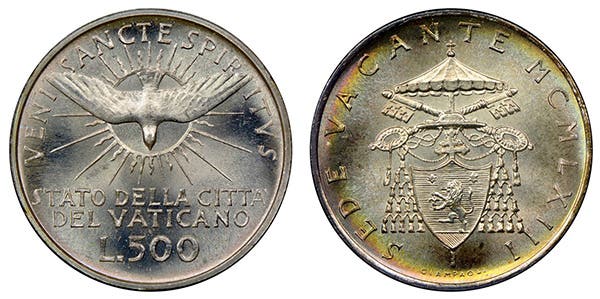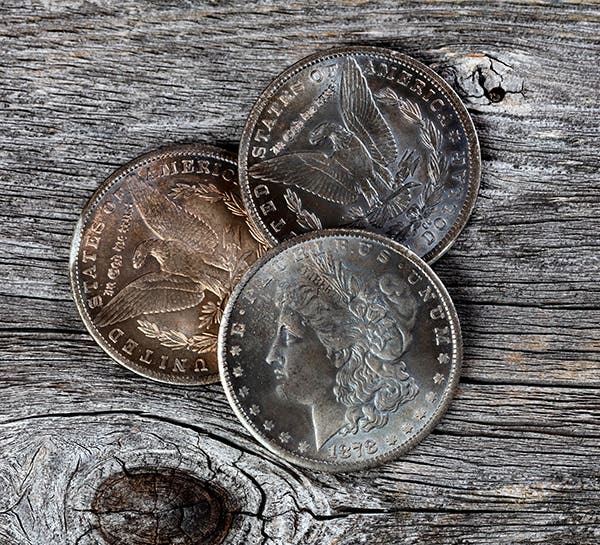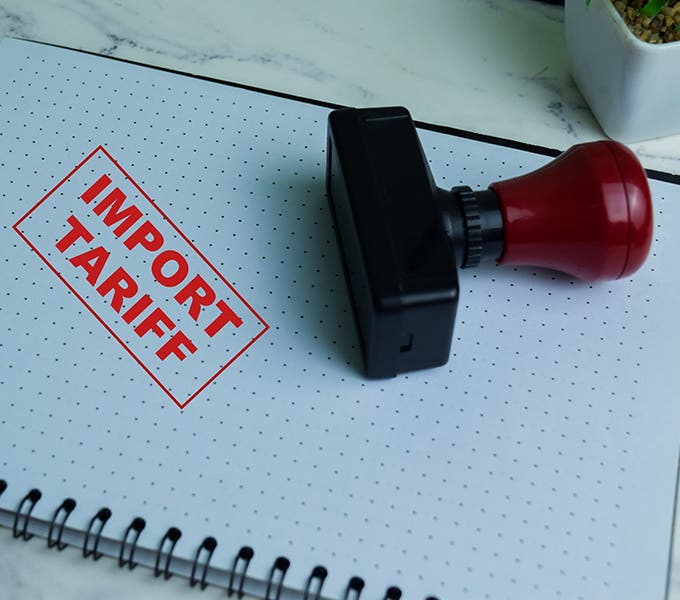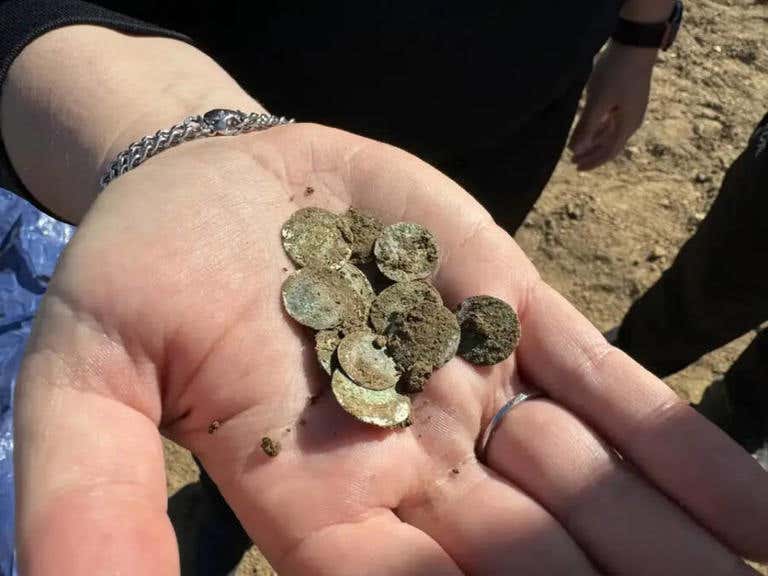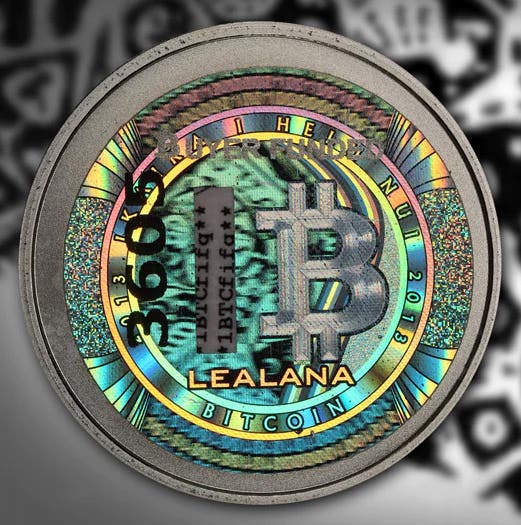Coin Show Etiquette
by Bruce Frohman The Coin Show is a major opportunity to buy and sell coins and provides a source of great enjoyment in our hobby. The astute collector can make…
by Bruce Frohman
The Coin Show is a major opportunity to buy and sell coins and provides a source of great enjoyment in our hobby. The astute collector can make the best of the experience by employing basic principles of show etiquette.
In past Numismatic News ‘Letters to the Editor,’ some collectors have complained about coin dealer behavior. In truth, some writers may have themselves to blame for negative encounters.
Breach of etiquette and/or lack of understanding of the coin business are major causes for disputes. A collector who is unfamiliar with Coin Show etiquette can easily and unwittingly stir up hard feelings.
In past years, my own inept behavior angered some dealers.To any dealers that I have offended, I apologize. Hopefully,in the future, I will not find new ways to violate proper etiquette. This article is my atonement. If any dealer reading this opinion disagrees with anything herein, please let the readers know! I am not the ultimate authority--you are.
Basic Facts About Coin Dealers
Like anyone, coin dealers are human and have feelings. They should be treated with dignity and respect. Being pleasant and polite--the recipient will respond in kind.
Coin dealers pay large expenses to attend a coin show: table, food, motel, and transportation. For big shows, a dealer can easily spend $1000 before selling his first coin!While dealer expenses are not a customer’s problem, the wise collector should understand that the dealer must make a profit from every transaction, to pay expenses and come out ahead before the show ends. Not every coin show is profitable. Unlike the collector, the dealer is trying to earn a living.
Coin dealers need every customer. To be successful, dealers need a large customer base; they are eager to add new regulars. Every collector that walks by a table will hopefully stop and buy something.
Dealers are good business people. They are skilled at figuring out coin values, margins, and sell/buy prices. They know what their customers collect. Each dealer has different merchandise and formulas for conducting business to appeal to a specific customer base.
Dealers compete with each other for collector business. A dealer whose prices are too far out of line or keeps an inventory of unpopular material will be less successful. He needs customers to be satisfied with every purchase. Those who are not competitive eventually fail.
Collectors return to dealers with fair prices and the material they collect. The greatest strength of a coin show is the large variety of collectible coins offered, from the common to the rare.
Proper Coin Show Etiquette--As a Buyer
No written manual exists regarding Coin Show etiquette. To do business, the collector should use common sense. When getting acquainted with a new dealer, one needs to gain trust to establish a positive relationship. Using the right etiquette can quickly break the ice and generate a productive transaction.
Treat every dealer with respect. Only praise and never degrade a dealer’s material. If a coin is not desirable, say nothing; examine the next coin.
Rather than pass on a coin, most dealers prefer a customer to make an offer as long as the proposal is not substantially below the asking price.A low ball offer may be taken as an insult if the suggestion implies that the dealer does not know how to price his coins.
Grading is subjective, so why argue about grading? If one’s opinion is that a coin is over-graded, pass and look at the next coin. Even certified coins may have questionable grading.
Ask a dealer to describe how he derived a coin’s grade and most will patiently do so. After the explanation, and if consensus is reached on the grade, the collector can negotiate to buy it. Regardless of whether the coin is purchased, the collector should thank the dealer for the explanation. Then, he can move on to the next coin without refuting the dealer’s methodology or conclusion.
Sometimes, in explaining the grade of a coin that the customer politely questions, the dealer realizes he marked the holder incorrectly; he may lower the grade and reduce the asking price. Suddenly, an over graded or overpriced coin becomes the bargain that the collector wants! Asking rather than telling a dealer is good etiquette as the dealer is assumed to be an expert.
Never proclaim that a coin is overpriced-- the dealer knows how much the coin is worth. If the collector does not want to buy at the price quoted, simply thank the dealer for the offer, indicate a need to think further, and look at something else. A complaint may be considered an insult when one intimates that the dealer does not know his business.
A dealer may realize that his coin is overpriced if it stays too long in inventory. However, he could also get his asking price from the next customer.
When approaching a dealer’s table, show respect by greeting the dealer before starting to look at his merchandise. If the dealer is waiting on another customer, NEVER interrupt or try to become involved in a deal in progress. One should wait for the dealer to ask if the new visitor needs help.
If the dealer is talking to another customer but not transacting business, start by saying “Please excuse, me, sorry to interrupt” to the dealer and customer and say “may I look at a few coins?” The dealer will probably be happy to return to business and the other customer will be free to look at more coins. Everyone understands that business comes first.
With so many coins to look at, one can easily become impatient and unwittingly rude. At busy shows, the time needed to complete a deal will take longer. Scanning the entire table before starting a deal will save time as multiple coins can be negotiated in rapid succession. Many dealers give discounts when a customer buys multiple coins. Never remove a coin from a case or its holder without dealer permission.
Dealers at busy tables often try to multitask. Unfortunately, theft is most common when dealers try to wait on several customers simultaneously. Collectors should always wait patiently to be served. Please do not encourage a dealer to multi-task as a large loss will ruin his effort for the entire show and perhaps beyond. We all want the dealer to return for future shows, but he won’t if he sustains losses via theft or inadequate sales.
After greeting the dealer and establishing oneself as a friendly customer interested in doing business, start examining the coins of interest. One will also want to ask the dealer if he has what one is looking for in inventory. Many dealers bring more coins than what they have out on display and are delighted to show what is not out.
Often, the best deals are hidden in inventory, especially when the dealer has not recently marked-up prices; many dealers will sell at the price on the holder, even if the coin is underpriced. A dealer may be willing to sell a coin at his cost if the coin has been in inventory for a long time.
When a show first opens, if a dealer appears unready to do business--his display is not fully arranged--the collector should pass the table and return when the table is set up. Some dealers do not mind the interruption, but many do.
Many dealers work through lunch. If a dealer is eating, offer to return when he is done. Usually, the dealer will want to do business while he is eating. Interrupt the dealer as little as possible by looking for all the items of interest in his display case before asking for a closer inspection.
Etiquette for Returning Coins
Buying a coin and then returning it at the same show can be very awkward. Most dealers allow returns but are not happy about it. When he gets money in his pocket, no dealer likes to give it back!
Rather than ask for a refund, the wise collector asks for an exchange if one sees something better to acquire. Most dealers do not mind taking back merchandise if he can sell a replacement coin without diminishing cash on hand.
Will You Enjoy The Next Coin Show You Attend?
This article suggests proper Coin Show etiquette. Dealers have different ways of conducting business but have more similarities than differences. Try to keep each interaction positive. The best deals occur when everyone has a good time.
The collector who adheres to these suggested principles of Coin Show etiquette will generally do better than someone who acts as an unreasonable customer.Conducting a business transaction with mutual respect will result in the best possible outcome.



